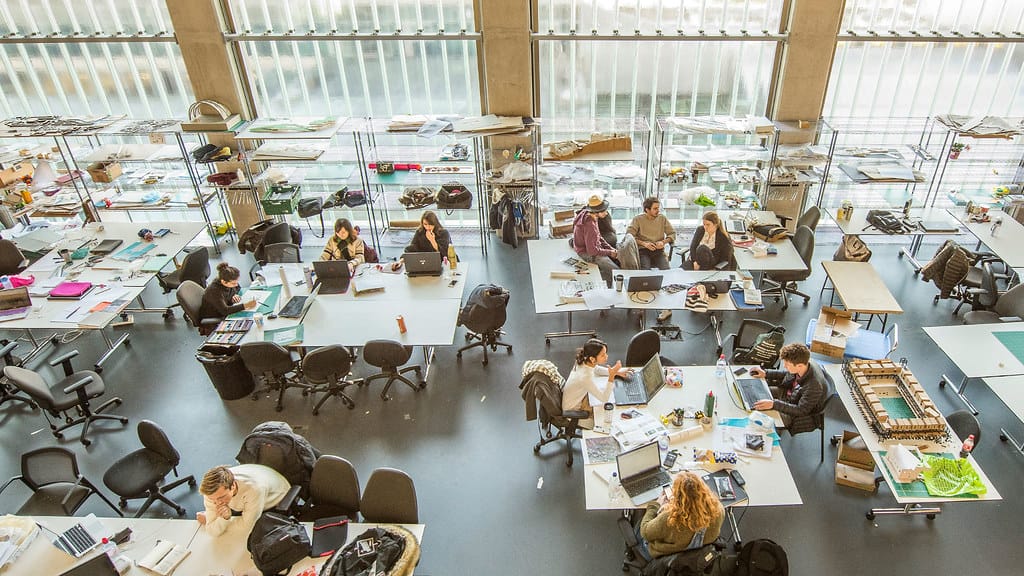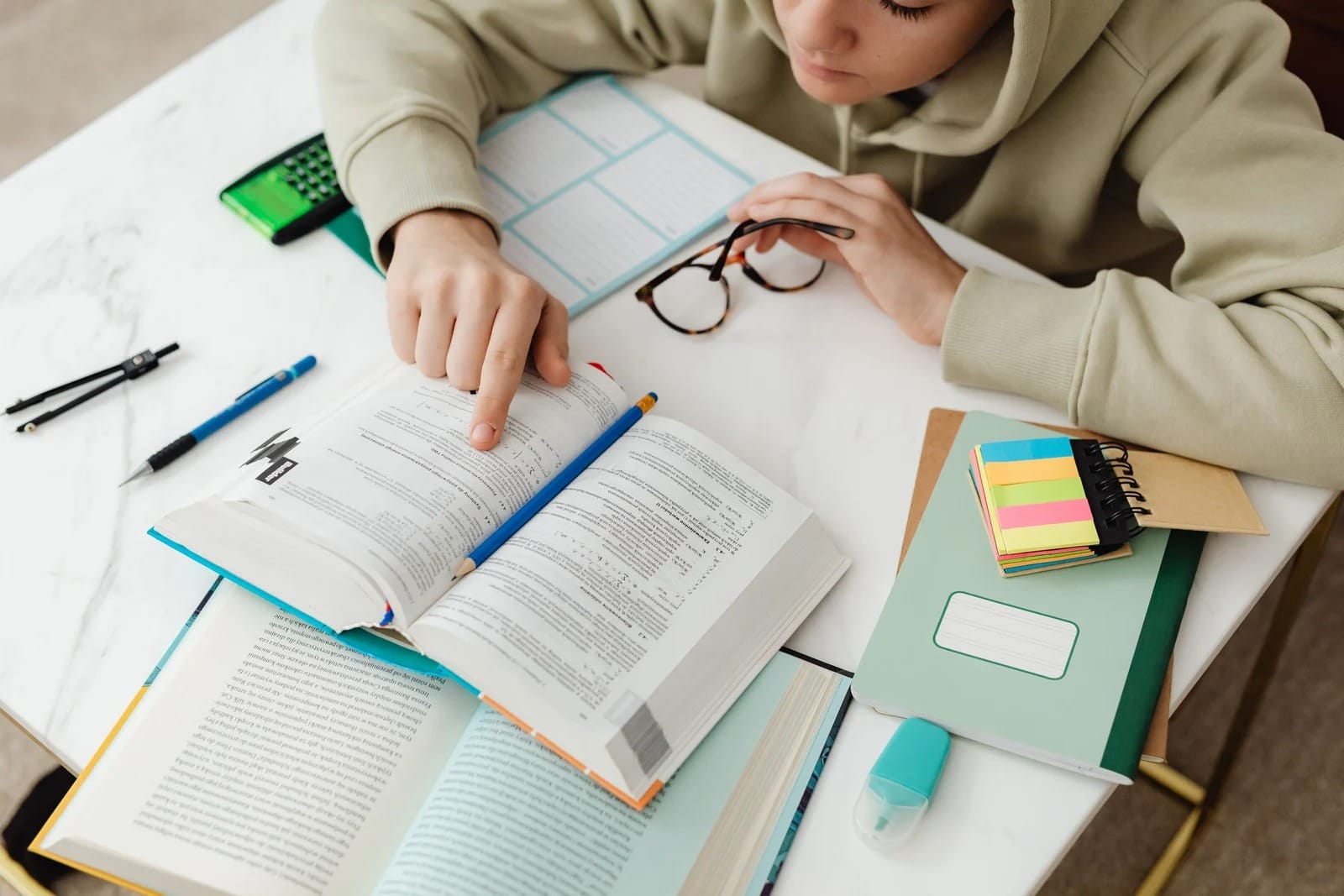
Key takeaways
- Archaeology students participate in fieldwork and excavations
- Learn lab techniques for artifact analysis
- Balance between lectures and practical assignments
Interested in studying archaeology at uni, but don’t know much about it? I spoke to Lizzie and Liv who are both in their second year of Archaeology and Anthropology at the University of Bristol to find out more about their degree.
Why did you choose to study archaeology?
Liv: I chose my degree because I wanted to do something outdoorsy and with nature. I thought of studying zoology, but I didn’t like the idea of just learning science. I also wanted to learn about humans, especially the human impact on nature. So I saw archaeology and anthropology and was like, yeah I’ll do that, because it’s got a bit of science, and other practical things. It’s got a good blend for me.
Lizzie: I read a biological anthropology book at the start of COVID after I saw a YouTube video based on it, and then I was like, Oh, I like biological anthropology. There’s a YouTube channel that’s about archaeology and anthropology, and I was like, I love everything that he makes, so I want to learn everything that he’s learned.
How many contact hours do you have a week?
Lizzie: Depends. In first year we had around nine. We have a little bit more than pure anthropology, sometimes we have a two hour practical as well as our two hour lecture. So we have four for one if we have an archaeology module in the term normally, but this term we don’t have the archaeology module. So ours is basically the same as anthropology. We had six last week because we didn’t have any seminars. The max is probably nine.

Does your timetable change every week?
Lizzie: Sometimes we have bi-weekly seminars. One of my modules will go from a two to a three hour lecture, but the last hour will be presentation, more like a seminar, so it’s quite fluid.
How flexible is the course?
Liv: Archaeology-wise, it’s flexible. We had to do a notebook analysing a particular area of the discipline. You could choose from quite a big range. Because I was interested in zoo archaeology and osteoarchaeology, I chose to do my notebook on those.
Lizzie: We don’t have exams, and we never really have anything where you can’t pick what you’re doing. Whenever we have an essay, there’s so many options, so you can always tailor it towards what you like. Last year I did an essay question on carbon dating and Liv did one on soil.
Do you have labs?
Liv: We have practicals, learning the skills of how to process an artefact once you’ve been given it.
Lizzie: Last year we did archaeological practice. Things like, how do we find a site? What do we do once we’ve found it? And then geophysics, which is a method for figuring out what’s under the ground. And then we had the dig at the end of that year.
We were only in the actual lab once, doing isotope analysis of our hair. You can be in the lab a lot if you’re an archaeologist, if you want to be, but you can also not be in the lab at all. You could be like someone at the site, like a Roman pottery specialist. It’s a broad field, and the practical elements are very broad. You’re not just in a lab with a test tube and bones, it’s whatever you’re interested in.
What are the digs like?
Lizzie: At the end of first and second year, you have to do a three week dig to equal to six weeks, because that’s the amount you need to become a qualified archaeologist. You need that amount of time on site. So at Bristol this comes in the degree, which it doesn’t always.
Liv: You could be part of the survey team, which is what I was a part of, where you have to map out the whole site on a GPS system and map out whenever you find a special find. For example, when someone found a medieval coin. You mark on your GPS where that was located.
Lizzie: They found a Norman sword after we left!

What modules have you taken? Which have been your favourite?
Lizzie: We did one last term called early human origins, which was probably one of my favourites. It was about the Ice Age and interactions between humans and Neanderthals, and their early movements in Europe. I’m also interested in other places in the world, like how people are finding so much cool new cave art in some areas of Asia. That’s probably my favourite so far. And I’m hoping to do another one that’s similar next year, called Revolutions: stones bones and beyond.
Liv: For me early human origins was quite interesting. But what I really enjoyed was doing anthropological methods where you had to sort out your research proposal for any other interests. It’s good prep for looking at dissertation ideas. I did mine on the effects of captivity on chimpanzee sociality. I found it really interesting, because I did my own research andI looked at my previous literature theories suggested by my lecturers.
What are your plans after university? (How) do you plan to use your degree?
Lizzie: I’ll go first. I don’t know. Liv, the floor is yours.
Liv: I think I will go into the field, because a sub discipline of anthropology is primatology, the study of primates. I like to learn about primates, especially primate conservation. I might do a Masters, but only if I genuinely think it will help with getting a job.
Still not sure about what degree to do? Why not consider history too?

